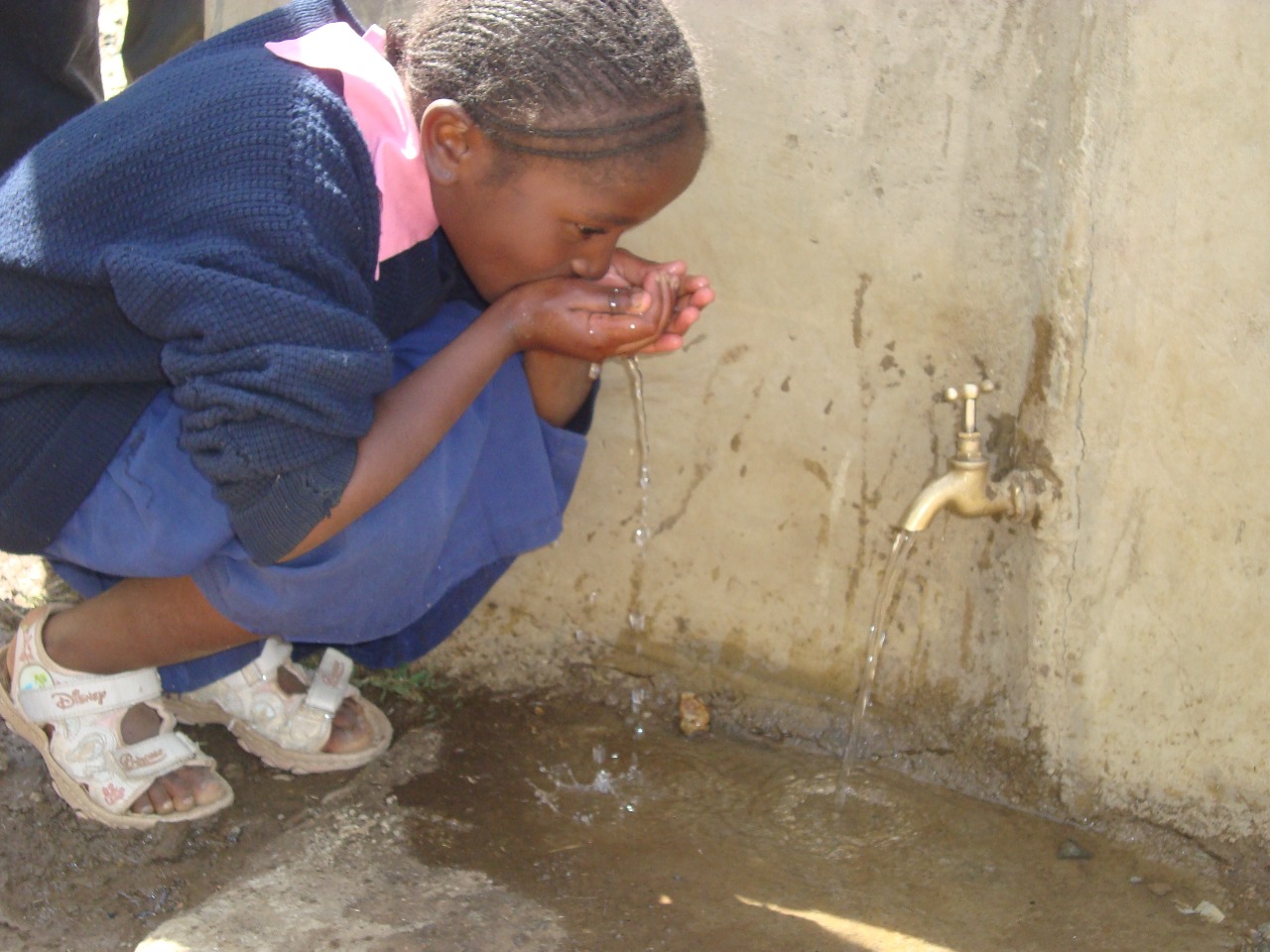It is often said that water is life. It is also well documented that poor sanitation is a killer. In fact, so much so that waterborne diseases kill about 3.4 million people across the globe every year. Those who lose their lives most are children. On this rather grim note, let’s talk about how to prevent waterborne diseases.
It is required that one takes enough, safe water to stay healthy. But is there a correlation between the lack of enough clean water and a person’s health?
Afya Watch set to investigate the prevalence of waterborne diseases in the slums and rural areas.
We spoke to Ann Keraka, a form three student.
She hails from Kaptebwo slums, in Nakuru county. She had been experiencing severe headaches fever and had chronic diarrhoea when she decided to visit the doctor. She was diagnosed with typhoid, which to her came as a surprise. She was treated but then, it didn’t take her long before the symptoms recurred and she was diagnosed with the same disease again.
I was curious to find out how she keeps her personal hygiene.
“How often do you wash your hands?
“We normally buy water for drinking and cooking from those who supply in gallons. So, there is usually less water to wash hands regularly, except when I am taking a shower,” she tells me.
This is to mean that she does not have an opportunity to wash her hands before eating or cooking.
She is not alone though.
“I rarely wash my hands. At least I can’t say that I wash hands each time before eating because I can get fruits on my way home. I just eat. Also, there is not enough water. It is a luxury with the rising cost,” Muthomi, also a high school student who was among the people suffering from the cholera outbreak tells me.
The two are among thousands of people who live in the slums where access is very limited, and only afford to buy water to use for cooking and washing, but not what they call luxury- washing hands.
I spoke to a clinical officer who operates a clinic in the area, asking for the statistics of patients who are diagnosed with water-borne diseases.
“People, especially children suffering from malaria and typhoid are my frequent patients. This area has very limited access to clean, safe water for drinking and cooking, bearing in mind that it is a slum. That translates to poor sanitation which is a favourite ground for water-borne diseases.”
According to WHO, food and waterborne illnesses are generally caused by eating or drinking beverages contaminated by bacteria, parasites or viruses; organisms that are passed through the faecal matter of infected people or animals.
People at a greater risk of contracting waterborne diseases such as typhoid and cholera are children and pregnant women.
According to UNICEF, fifty per cent of the diseases in Kenya are preventable. They are all water, sanitation, and hygiene related.
Further, statistics show that 90% of the water and sanitation related outbreaks occur in the rural areas, whereby fifty per cent of rural households do not have toilets and where they exist, they are unhygienic.
There are several preventive measures. These include:
Good management of one’s environment. This includes proper disposal of faecal matter to avoid contamination of food and beverages. In addition, working to dis-infect toilets using hot water and detergents is highly recommended.
Secondly, observing personal hygiene is imperative in the prevention of waterborne diseases. This includes washing hands with clean, flowing water with soap after visiting the toilet, handling faecal matter e.g changing babies and before handling food products.
Avoid eating raw or foods that are not well cooked.
Finally, always ensure to drink clean, boiled or treated water.











